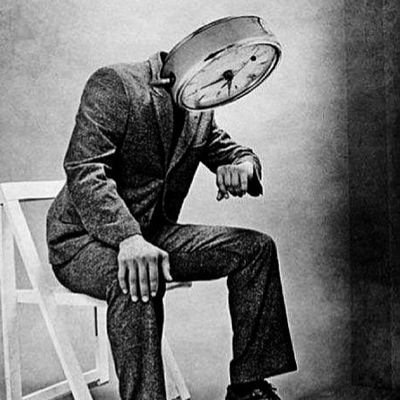I believe there is a gaping hole in the field of epistemology, particularly in how it categorizes knowledge. We all know philosophers are liars by nature, so why not take from the philosopher in american history, Daniel Rumsfeld.
To quote him directly, "As we know, there are known knowns; there are things we know we know. We also know there are known unknowns; that is to say we know there are some things we do not know. But there are also unknown unknowns—the ones we don't know we don't know."
Slavoj Žižek himself has spoken on the fourth category here, the unknown known.
"If Rumsfeld thinks that the main dangers in the confrontation with Iraq were the 'unknown unknowns', that is, the threats from Saddam whose nature we cannot even suspect, then the Abu Ghraib scandal shows that the main dangers lie in the "unknown knowns"—the disavowed beliefs, suppositions and obscene practices we pretend not to know about, even though they form the background of our public values."
In today's world where all facts are up for debate, where unknown unknowns are the greatest threats of all (not known knowns such as human-caused climate change), our best chance for survival is to adopt this framework.
What do you think?


You know there are unknown unknowns but what you don't know that you don't know is that I know that there are known unknowns, that is I don't know that you know that I know the known unknowns. That's actually an unknown known unknown.